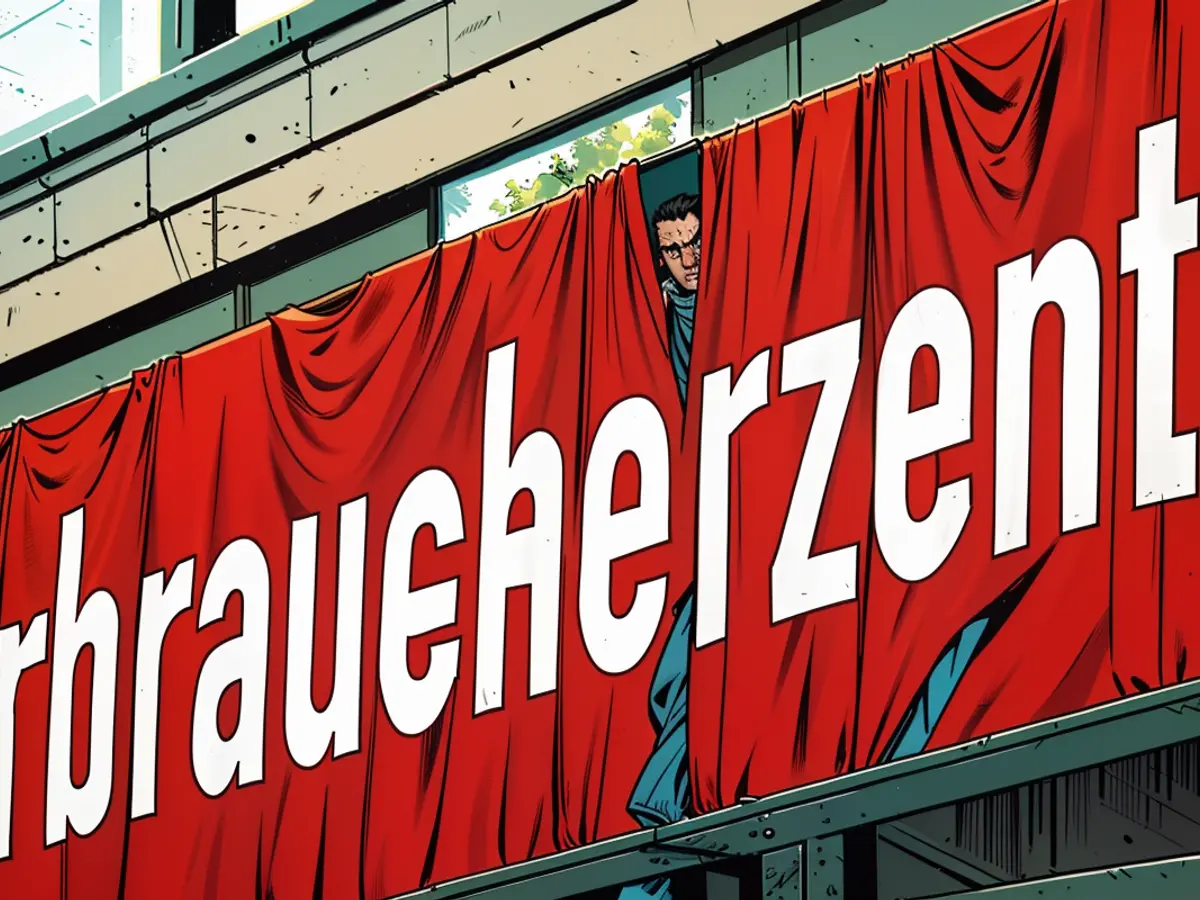Consumers - Outlet: Many inquiries about additional cost privileges
According to consumer inquiries, many questions regarding the so-called co-pay privilege that has been in effect for several weeks in Mecklenburg-Vorpommern have been coming in, particularly in Rostock, Wiebke Cornelius, the head of the consumer center in Mecklenburg-Vorpommern, told dpa on inquiry.
Since July 1st, landlords may no longer charge TV costs as part of the additional rent, the participation requirement has therefore been lifted. This presents headwind for market leaders and other cable providers - they want to keep as many cable subscribers as possible. Alternative offers, which had a hard time competing with the payment obligation under the co-pay privilege, are now experiencing a surge in popularity. Every household must now, according to the consumer center, sign their own contract.
There have also been inquiries on other topics this year, such as heating cost calculations. This particularly concerns the correct calculation and the passing on of price caps. Overall, however, a decline in inquiries on energy-related topics can be observed in the first half of the year. Consumer inquiries on high consumer prices also continued.
From January to May of this year, the consumer center reportedly recorded around 15,500 inquiries, requests, consultations, and consumer contacts based on their own statements. This was about 2,500 fewer than in the previous year's period. The higher number in the previous year was attributed to a new system that made it easier to reach them. According to the statements, not all positions were staffed during this year phasically. The consumer center has some consultation offices in the federal state - for example, in Rostock, Schwerin, Neubrandenburg, and Stralsund.
Wiebke Cornelius, the head of the Consumer Center in Mecklenburg-Vorpommern, mentioned an increase in inquiries about the co-pay privilege, specifically in Rostock, due to its implementation. Despite this, alternative service providers have seen an increase in popularity as households sign their own contracts, largely due to the change in TV cost charging rules.








